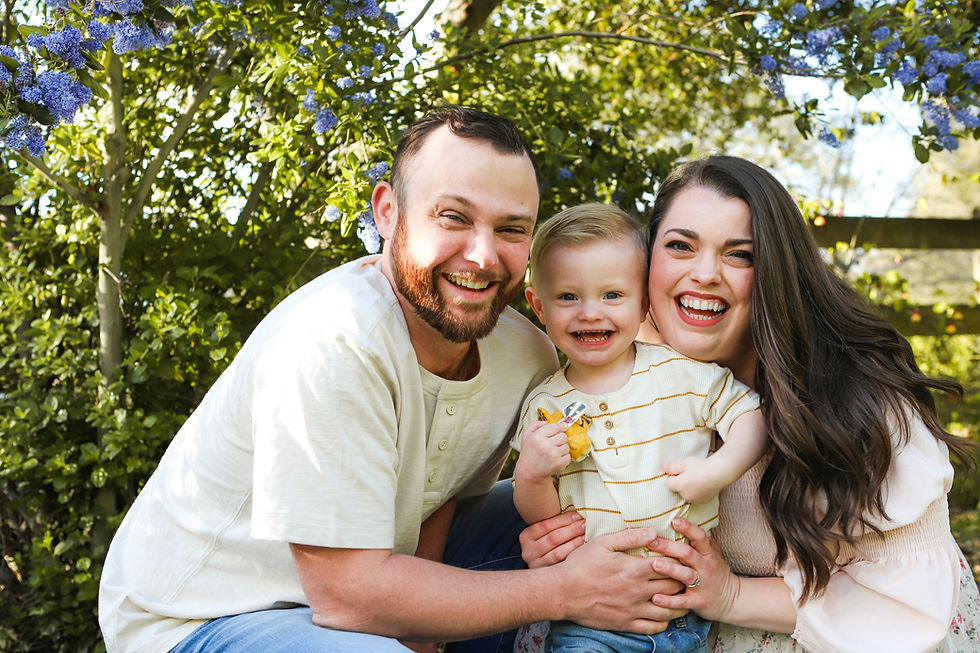Tips from PACE Physio, Infant Physiotherapy- Critical Brain Development in Infants - optimize early infant motor development
- Dr. Janet Hale

- Nov 20, 2021
- 2 min read
Updated: Oct 17, 2025
A few findings from a study done by Holland et al., 2014 about brain development in infants. Brain development at birth is about 1/3 of the healthy adult brain. Growth rate of the brain is about 1% per day. By the end of the first 3 months, the brain size is 64% of the adult brain volume. Brain development is therefore very rapid in those first few months of life. And infants are very vulnerable to environmental influences, which will affect the number of brain cells and the connections made or wiring of the brain and therefore affect early infant motor development and overall development. If there is stress in the infant's life, this can negatively affect the infants brain function and also early infant motor development. At 3-4 months of age, we expect to see infants who have more regular breathing, less spitting up, movements of arms and legs but not stiffening, cooing and smiling and less crying. It's important to develop routines for your infant and help to keep them happy, calm and regulated.
Questions: If you have any questions, contact me at janethale@pacephysio.com or visit my website at www://pacephysio.com

PACE Physio - Quelques résultats d'une étude réalisée par Holland et al., 2014 sur le développement du cerveau chez les nourrissons. Le développement du cerveau à la naissance représente environ 1/3 du cerveau adulte en bonne santé. Le taux de croissance du cerveau est d'environ 1% par jour. À la fin des 3 premiers mois, la taille du cerveau est de 64 % du volume du cerveau adulte. Le développement du cerveau est donc très rapide au cours des premiers mois de la vie. Et les nourrissons sont très vulnérables aux influences environnementales, qui affecteront le nombre de cellules cérébrales et les connexions établies ou le câblage du cerveau. S'il y a du stress dans la vie du nourrisson, cela peut affecter négativement la fonction cérébrale du nourrisson. À 3-4 mois, nous nous attendons à voir des nourrissons qui ont une respiration plus régulière, moins de crachats, de mouvements des bras et des jambes mais pas de raideur, roucoulant et souriant et moins de pleurs. Si vous avez des questions, contactez-moi à janethale@pacephysio.com








Comments